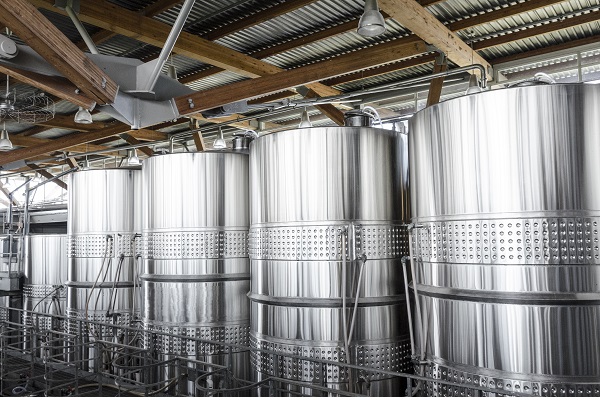The fabrication process involves taking raw materials, such as metals or plastics, and shaping them into finished products through a series of manufacturing processes. Fabrication can involve cutting, bending, welding, and assembly, among other techniques, and is used to create a wide range of products, from industrial components to consumer goods.
When choosing a supplier for fabrication services, there are several factors to consider to ensure that you choose the right partner for your needs:
- Capabilities: It is important to choose a supplier with the necessary capabilities to meet your specific requirements. This may include expertise in a particular fabrication process, such as laser cutting or stamping, or experience working with a particular material, such as stainless steel or aluminium.
- Quality: Quality is a critical consideration when choosing a fabrication supplier. Look for a supplier with a strong track record of producing high-quality products that meet the necessary standards and specifications.
- Cost: Cost is an important consideration when choosing a supplier, but it should not be the only factor. Look for a supplier that offers competitive pricing, but also offers value in terms of quality, delivery times, and customer service.
- Lead times: Lead times can be critical in certain industries, and it is important to choose a supplier that can meet your delivery requirements. Look for a supplier with a track record of meeting deadlines and offering expedited services when necessary.
- Communication: Good communication is essential for a successful partnership with a fabrication supplier. Look for a supplier that is responsive, easy to work with, and willing to provide regular updates and feedback throughout the process.
- Location: Location can be an important consideration, particularly if you need to visit the supplier or if you require rapid delivery. Look for a supplier that is located conveniently to your business or has a strong logistics network.
- Certifications: Certain industries may require specific certifications or qualifications, such as ISO 9001 or AS9100. Look for a supplier that has the necessary certifications and can provide documentation as needed.
Ultimately, choosing the right supplier for your fabrication needs requires careful consideration of your specific requirements and priorities, as well as a thorough evaluation of potential suppliers based on their capabilities, quality, cost, lead times, communication, location, and certifications. By doing your due diligence and choosing a reliable and experienced partner, you can ensure that your fabrication needs are met with high-quality, cost-effective solutions.
